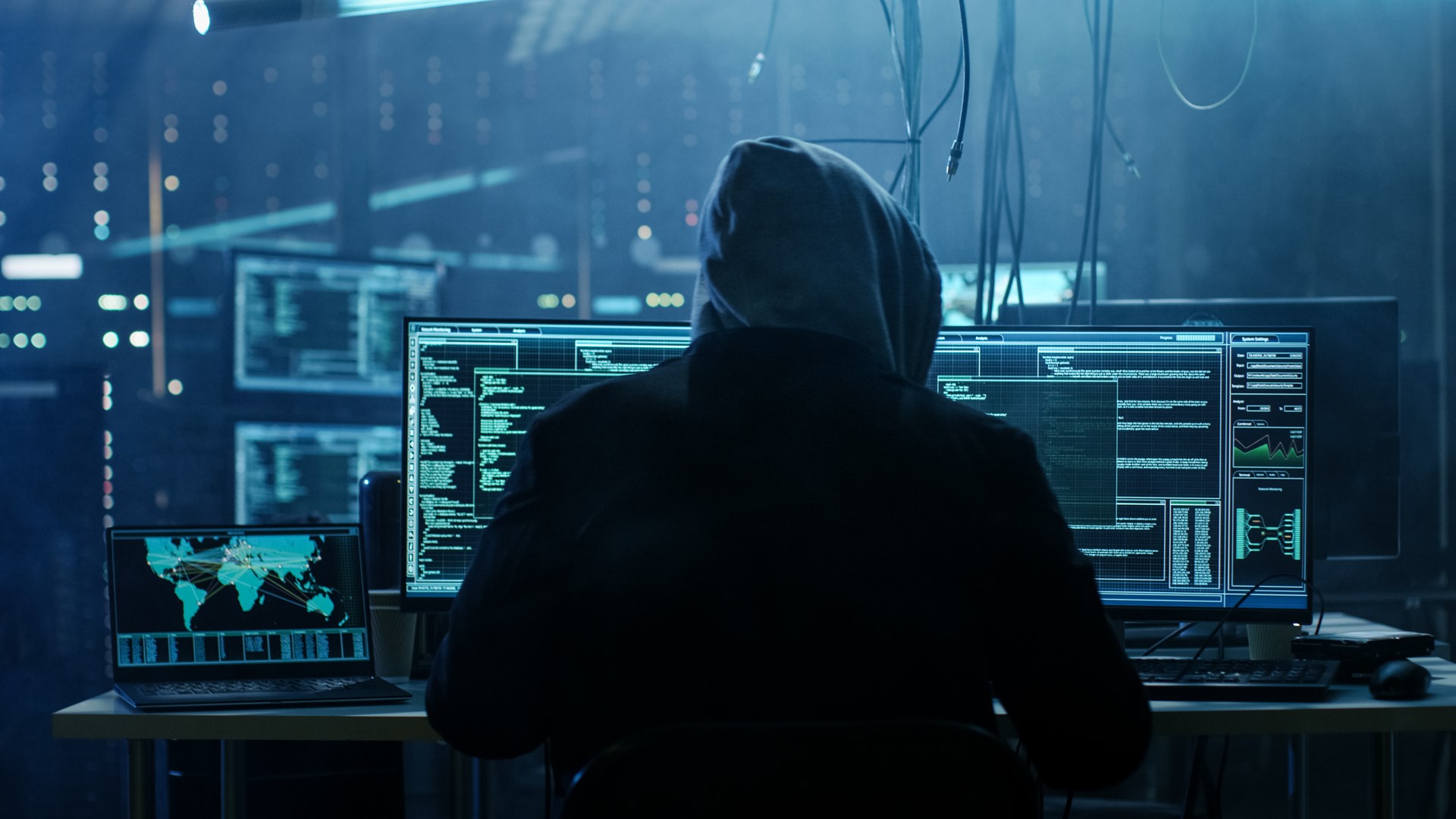ATLANTA — Recent cyberattacks have revealed the ability of criminals to paralyze the businesses that supply the goods we need.
In April, cybercriminals hit Colonial Pipeline, temporarily stopping the flow of fuel. Prices at the gas pump surged. An attack on JBS, the world’s largest producer of beef, temporarily halted production there.
Gone are the days when criminals needed guns or safe cracking skills to get to our money.
“They’re a criminal enterprise just like the mafia,” says cybersecurity expert Dr. Andy Green of Kennesaw State University.
Cybercriminals hack their way into the computer systems of their target. Dr. Green says criminals find sensitive information the company values to hold hostage. They demand money while encrypting the company’s computer software. In the case of Colonial Pipeline, the encryption locked the company out of their ability to track who was getting their product.
“I liken that to you being able to walk into a grocery store and get whatever you want off of the shelf, but the registers aren’t there so the store can’t bill you,” says Dr. Green.
Cybercriminals can also lock a company out of the software that runs machinery on the production floor.
That’s what happened to JBS.
“When that network is impacted, you’re physically unable to produce your product.”
Typically, it’s not until companies pay a hefty price that the cybercriminals release their grip.
Cyber insurance is helping businesses recover, but it hasn’t stopped the criminals nor has it helped consumers when the gas stops flowing and prices climb.

